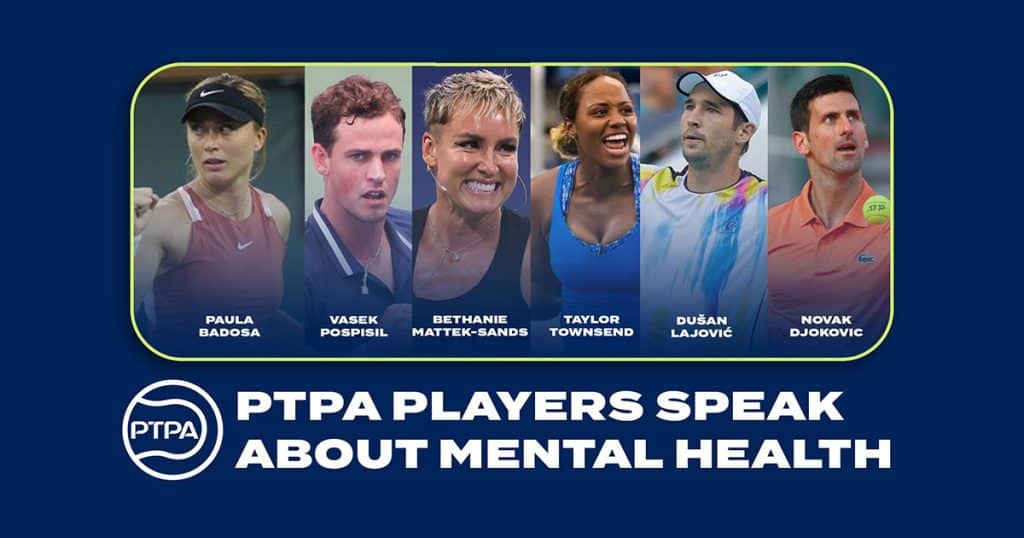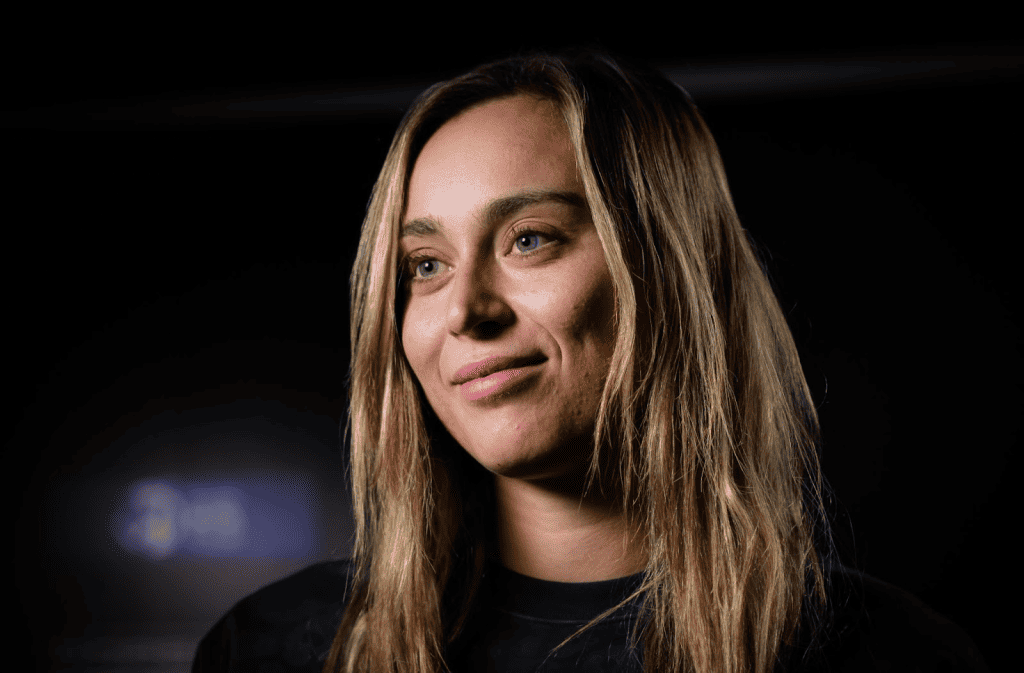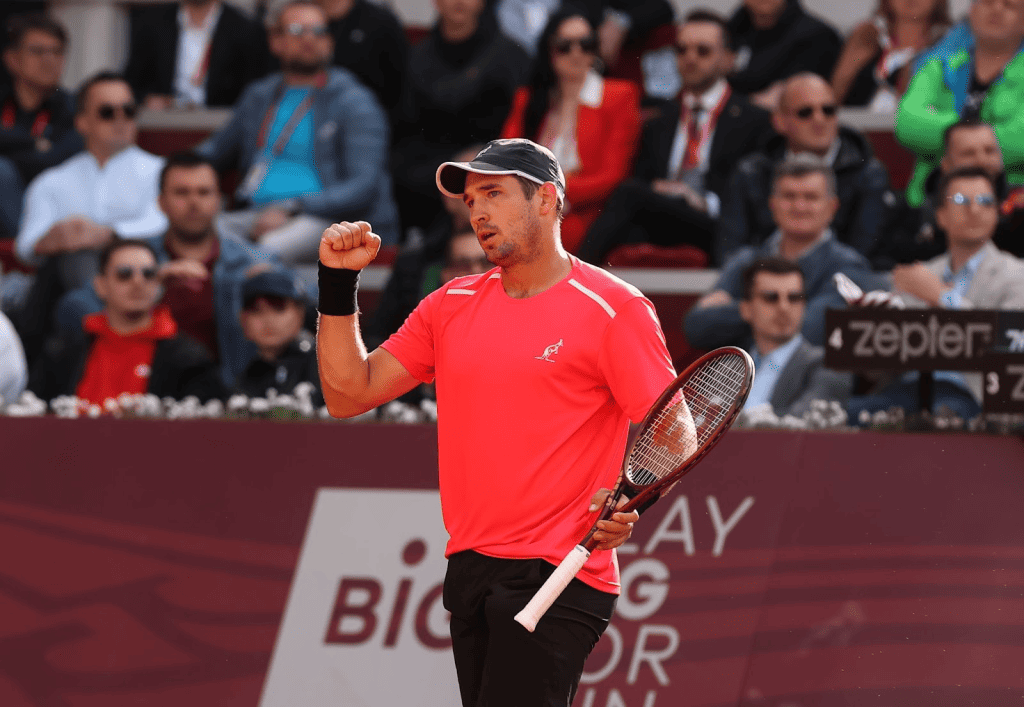
May is Mental Health Awareness Month – a month dedicated to raising awareness around mental, emotional, psychological and social well being. Mental health is an integral component of the overall health and wellbeing of all individuals, including pro tennis players, who are regularly navigating high stress, intense pressure, isolating conditions and other mentally and emotionally challenging circumstances as a result of their careers.
As indicated in our Official Principles, the PTPA is committed to safeguarding pro tennis players’ welfare, which includes advocating for players to have consistent access to world-class mental health resources.
As pro athletes continue to help lead the way in destigmatizing mental health, we applaud the players who continue to be open about their own mental health journeys.
Here are what some of our members have had to say about the importance of mental health in their own careers and lives.
Paula Badosa:

“One of the biggest lessons I’ve learned during my career is how mental and emotional health are just as important as physical health when it comes to competing. To perform at my highest levels, I have to make sure I’m physically, mentally, and emotionally healthy. We spend so much time tending to our bodies through training and recovery as pro athletes, I think it’s important to remember that it’s just as crucial to tend to our minds and emotional wellbeing with a similar proactive and intentional approach. For me, that means spending dedicated time with loved ones, taking true rest days, and having someone dedicated to mental health on my team. ”
Source: PTPA interview
Vasek Pospisil:

“I think everyone has ups and downs with regards to mental health. Especially in my industry, as a tennis player, you’re always on the go, you’re alone, a lot of pressure, away from family and friends…
The biggest lesson that I’ve learned over the last decade is to have a good balance of work and also recharging the batteries socially and emotionally. I think that’s really important in order to not get burned out in anything – anything in life, anything that you’re doing.“
Source: PTPA interview
Bethanie Mattek-Sands:

“Mental and emotional health are key. What I’ve learned over my career is [the importance] of finding balance – finding balance in the enjoyment, finding balance in off weeks.
It’s so easy to get in the cycle and the circus of playing week in and week out. If you lose it’s like ‘I have a better chance next week,’ if you win you want to keep the momentum, and you almost get caught in that cycle. And tennis is a sport that runs from January to November, and you don’t really have an offseason.
I would say one of the biggest things for me was really learning to rest, learning how to pick my weeks off, fully enjoying my weeks off… and giving myself a chance to recover. And not just physically, because a lot of times that’s what we’re gauging, but mentally and emotionally. ”
Source: PTPA interview
Taylor Townsend:

“To the younger generation, my biggest thing is, make sure you have a really great support system. I have experienced being out on that island on your own, where you have to fend for yourself. It’s a terrible feeling. Who has your best interests? As a teenager, if you excel, it’s easy for people to pull you away from your grassroots. You’re a person before you’re a player. You have to be good internally in order to play your best tennis. Continue to work on you. All the other things will take care of themselves.”
Dusan Lajovic:

“I see this as therapy, but also as training as well. It is something I want to do until the end of my life regardless if I’m playing tennis or not. It is so important, especially after all the things the world has gone through. First, you need to accept [these] kinds of things, and then you can get on a journey to fixing them. I’m on that journey now. From difficult situations you can either fall down more, or you can accept and go through that as part of the process, and see the tough situation pass. Find room for growth… and if you find it at the end it will make you a better person.
I’m slowly starting to talk about these things. I think [it’s] good. If I feel my personal case can help at least one person, I should speak about it. I want to show to people that there are always solutions.”
Novak Djokovic:

“I have always respected people that share their most vulnerable moments as their turning points in finding true strength that inspires so many people. I was vulnerable so many times in the last few years. And I am still vulnerable. I am not ashamed of it. In contrary, it makes me more true to myself and others. It allows me to get closer to people. It allows me to “dig deep” and analyze what is truly happening inside of me. When I find that out, I am able to create a strategy to overcome this occurring issue and move on as a stronger, wiser, happier human being.”